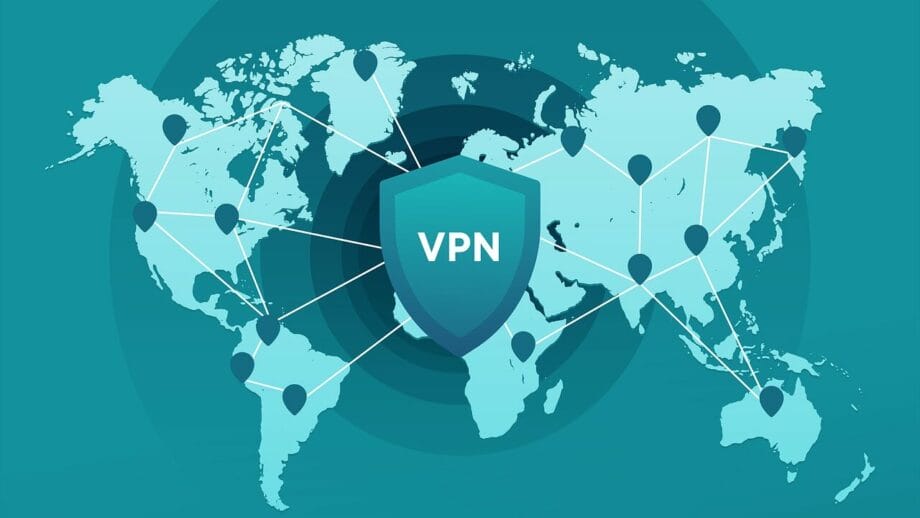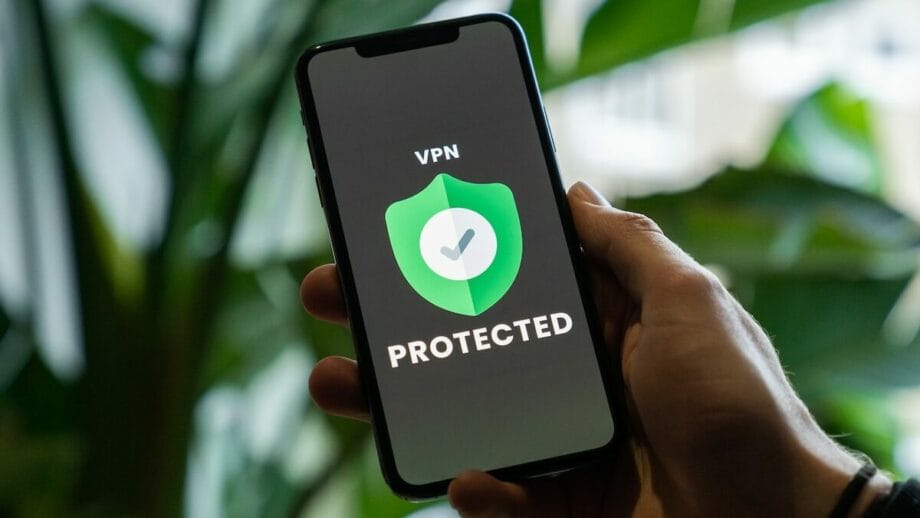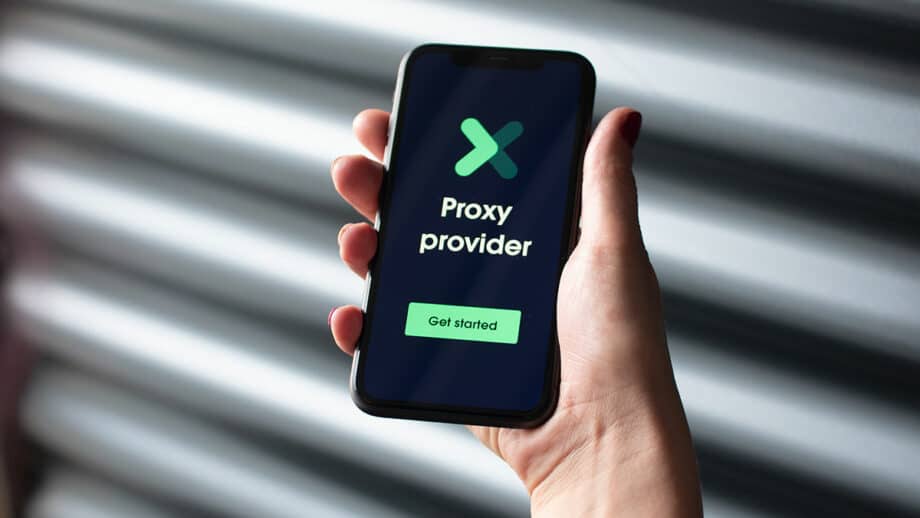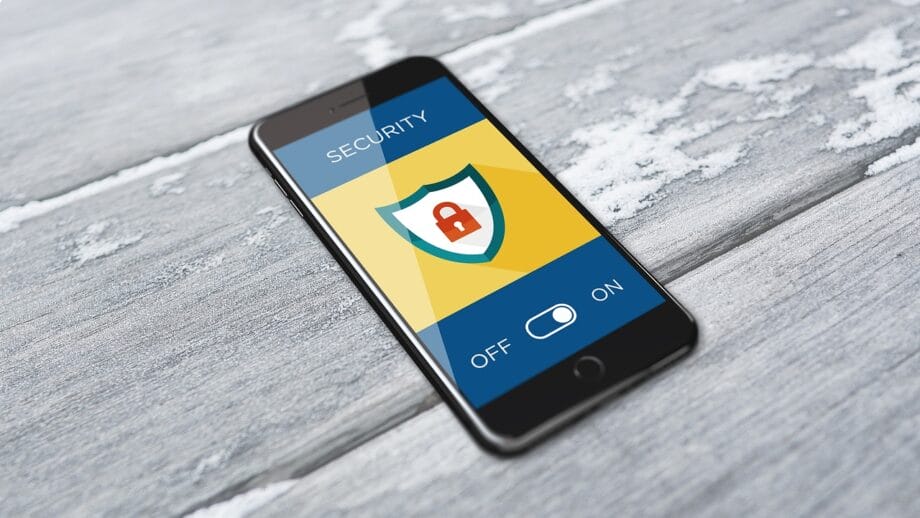As a business navigating the digital landscape, you’re often faced with the pressing need to protect your online activities and access diverse global content without restrictions.
Whether it’s for market research, social media management, or ensuring end-to-end encryption of sensitive data, choosing the right tool can feel like wading through a murky river of tech options.
Here’s an important fact that might surprise you: while similar in providing anonymity and privacy online, residential proxies offer actual IP addresses from real internet service providers – making sure your business looks less like a robot and more like a local.
In this article, we’ll arm you with insights to make an informed decision between Virtual Private Networks and Residential Proxies tailored to your specific needs as a modern enterprise.
Ready to demystify the jargon? Let’s jump right into finding your golden key for digital security and freedom!
What is a VPN?

A VPN, or Virtual Private Network, lets you connect to the internet in a secure way. It works like a secret tunnel between your computer and the rest of the web. When you use a VPN, it hides your real IP address and switches it with one from the server you choose.
This means you can pretend to be browsing from a different country. So, if you need to access websites that only allow people from certain places, a VPN can help.
This tool is great for keeping your online actions safe from prying eyes. Your data gets scrambled so no one else can read it. Imagine sending a coded letter that only you and the receiver can understand – that’s what happens with your information when using a VPN.
Businesses love this because it keeps their private data away from hackers and competitors. Plus, if connecting to public Wi-Fi at coffee shops or airports worries you, VPNs prevent anyone else on that network from seeing what you’re doing.
Related: How To Set Up Your Own VPN Server?
What are the different types of VPNs?

Within the world of VPNs, diversity reigns; there are distinct varieties tailored to meet unique needs and use cases. Whether you’re an individual seeking privacy or a business aiming for secure inter-branch connectivity, understanding the different types of VPNs is crucial in selecting one that aligns with your objectives.
Remote Access VPN
A Remote Access VPN lets you connect to your business network from anywhere. Imagine being at a coffee shop and needing to access files on your company’s server. With this type of VPN, you can log in as if you were sitting right in the office.
It gives you a secure tunnel back to your work resources. Your internet traffic goes through this private tunnel, keeping your data safe from prying eyes.
This setup is perfect for workers who are often on the move or anyone who needs to tap into their office network while away. You get added security because all information sent over this connection is encrypted.
This keeps sensitive company information out of the wrong hands, no matter where you’re working from.
Site-to-site VPN
Site-to-site VPNs are like secure bridges between your company’s offices in different places. They make sure computers in one location can safely talk to computers in another, almost as if they were all plugged into the same network.
This helps keep data safe when it needs to move across the internet.
Imagine you have a team in New York and another in Los Angeles. Site-to-site VPN connects their networks, making sharing files as easy and secure as if they were right next door to each other.
It’s all about creating a private link so your sensitive information stays just that – private.
Pros of VPNs

- Hide your IP address: A VPN masks your real IP address, making it hard for others to track you online.
- Secure data transfer: With a VPN, the data you send over the internet is encrypted. This keeps it safe from hackers.
- Online freedom: You can access websites and services that might be blocked in your country using a VPN. It lets you see content from all over the world.
- Better privacy: VPNs offer stronger privacy for browsing the web. They don’t let anyone spy on what you do online.
- Professional support: When you use a VPN service, you often get help from experts if something goes wrong.
- Trusted security: A good VPN uses strong ways to protect your personal information. You can feel safe doing important work online.
Cons of VPNs

- Shared IP risks: You and many others use the same IP address when using a VPN. If one user does something wrong, websites might ban that IP, which affects everyone else.
- Slower network speed: Encrypting your data is great for security, but it can slow down your internet connection. It’s like adding extra weight to a runner – they won’t go as fast.
- Connection stability issues: Sometimes VPNs can drop the connection without warning. Picture making a big deal online and suddenly – poof – your VPN quits.
- Limited control over IP location: You choose from set server locations with a VPN, but you won’t always get an IP address in the exact spot you need for tasks like web scraping or verifying ads.
- Possible conflict with laws: Some places have strict rules about using VPNs. If your business works in these areas, using a VPN could lead to legal trouble.
- Subscription costs: Most quality VPNs cost money. Your business has to pay fees regularly to keep using them.
- Blocked by services: Certain websites and services look out for traffic from known VPNs. They block these because they suspect sneaky behavior or want to control where their content goes.
- Device limitations: Some VPNs limit how many devices can connect at once. This restriction could bother you if your team needs lots of connections.
What is a Residential Proxy?

A residential proxy is like a mask for your online moves. It uses real internet service provider (ISP) addresses. This makes it look like you’re just another regular person surfing the web, not someone hiding behind a proxy.
Businesses love these because they seem less suspicious of websites and systems that might block or question traffic from non-real users.
Using residential proxies can help businesses gather information without getting blocked or having to solve annoying captchas. They get their power from real devices, which means every time you connect, it’s with an IP address that looks genuine – as if someone was browsing from their home.
That’s great for when companies need to check out competitors’ sites or do market research without leaving a trace!
See also: Scrape Smarter, Not Harder: The Benefits of Using Mobile Proxies for Web Scraping.
What are the different types of Residential Proxies?

Dive into the diverse world of residential proxies where each type offers a unique avenue for navigating online spaces with greater anonymity. From static solutions that maintain consistency to dynamic options adept at eluding detection, these tools are tailored to fit the intricate needs of businesses like a glove.
Static or Rotating Residential Proxy
Static residential proxies give you one IP address that stays the same. It’s like your home internet: websites see you as a regular user, not someone using a proxy. This can be great for tasks where changing IPs could cause problems – like keeping an eye on prices or watching shows from another country.
Rotating residential proxies switch your IP address often. Every time you connect, you get a new IP. This makes it hard for sites to track or block you because they can’t pin down your location.
Businesses use them when they collect lots of data from different places on the web without getting stopped by security systems. They rotate to stay under the radar and keep the data coming in smoothly.
Shared or Dedicated Residential Proxy
A shared residential proxy lets many people use the same IP address. This can make it easier for websites to know you’re using a proxy and stop you from getting in. But they are often less costly than other kinds, which could fit your budget if saving money is key for your business.
Choosing a dedicated residential proxy means you get your own private IP that no one else uses. This gives you more privacy and lowers the chance of being blocked by websites or services because the traffic looks like it’s coming from a real person’s home connection.
It’s good for tasks that need extra security, like handling sensitive company data or keeping your browsing away from prying eyes.
Pros of Residential Proxies

- Hide where you’re really working from: When you use residential proxies, websites see the IP of the proxy, not yours. This helps keep your location private.
- Trust goes up: Sites trust residential IPs more than those from data centers. So, you can do more online without getting blocked.
- You look like a regular user: With residential proxies, your traffic blends in with normal users. That means less chance of getting caught when gathering data.
- Reach sites all over the world: They let you pick an IP in different countries. This way, you can see content that’s locked in certain places.
- Lower risk of being blocked: Since residential IPs are less common for blocking, your business can do tasks without many stops.
- Safe and secure: Your own IP is hidden, protecting your private info while online.
- Good for lots of work types: Whether it’s checking ads or collecting big amounts of info, these proxies can handle it.
- Play by the rules better: Follow site rules easier because residential IPs seem more real than others.
Cons of Residential Proxies

- Cost more: Unlike other proxies, residential ones often involve higher prices. You’ll be spending more money to get that genuine home IP address.
- Easier to block: Mobile residential proxies get blocked more often. Sites see them as less trustworthy and can refuse them entry.
- Shared issues: If you choose a shared residential proxy, you might share it with others. This can slow down your speed and affect the work you are doing.
- Limited resources: Sometimes, these proxies have caps on how much data you can use or a certain bandwidth limit. You could face extra fees if you go over the amount.
- Legal concerns: Make sure you’re careful with how you use residential proxies. Some actions might break laws or rules, putting your business at risk.
- Trust issues: Since they come from real devices, ISPs might not trust them. Your proxy could end up being useless if it’s caught and blocked.
- Timeout troubles: Residential proxies may have stability issues leading to timeouts during an important task or transaction.
VPN vs Residential Proxy: The Comparison

In the digital arena, choosing between a VPN and a residential proxy can be akin to selecting armor for battle – each has unique strengths that cater to different cyber challenges.
Navigating this choice is crucial for your business, as it could mean the difference between seamless operation and frustrating blocks; let’s delve into how these tools stack up against each other in performance and suitability.
Related: Top 5 Advantages of Business VPN for Your Organization.
Key Differences
Residential proxies and VPNs serve different purposes for your business. A residential proxy is great for tasks like data scraping or managing multiple social media accounts because it lets you use an internet connection that looks like it’s coming from a regular home.
This means you can target specific geographical locations without being easily blocked or detected by websites. On the other hand, VPNs offer stronger privacy and security features.
They encrypt all of your traffic, not just hiding your IP address but also protecting personal data from anyone snooping around.
VPNs often come with another plus: steady connections and support when you need help. But they might slow down your internet speed a bit, which is something to think about if network performance is key for you.
Residential proxies keep speeds up but may not always give the same level of protection as a VPN does. So, if you’re looking to scale your business or need high levels of online privacy, understanding these differences can guide your choice between using a residential proxy or a VPN.
ISP Detection and Blocking
Internet Service Providers, or ISPs, can sometimes spot when you’re using a VPN or residential proxy. They might block these services to stop you from hiding your IP address and accessing different content online.
Proxies often come from data centers, making them easier for ISPs to find out and block. But residential proxies are less likely to get caught because they use real IPs from actual households.
VPNs encrypt all the data you send over the internet, making it tough for ISPs to see what you’re doing. However, some VPNs leave a “fingerprint” that ISPs recognize if the encryption isn’t strong enough or if there’s a sudden surge in traffic from one IP address.
If an ISP detects this fingerprint, they may block your VPN access. That’s why it’s important to pick a reliable service that doesn’t stand out too much and keeps your online activity safe from prying eyes.
Many service providers now also provide residential VPN services. In simple words, a residential VPN is not much different from any other VPN besides the fact that it gives you the option to choose a residential IP address. A residential VPN is one of the safest ways to surf the internet as compared to a residential proxy.

Privacy and Security
Choosing between VPNs and residential proxies for your business’s privacy and security comes down to your specific needs.
If you want strong encryption, a VPN might be the right fit. It wraps your traffic in a secure layer, keeping it safe from prying eyes. This is great when handling sensitive data that must stay private.
On the other hand, residential proxies are perfect if speed is critical for tasks like streaming or social media marketing. They work as gateways and tend to be quicker than VPNs, giving you a swift connection without slowing down your activities.
Plus, they offer stability which can be crucial for businesses needing reliable access without interruptions. Consider what’s important for your operation – whether it’s guarding data with encryption or ensuring fast, stable connections – to make the best choice between these two options.
Use Cases
VPNs and residential proxies help keep your online activities private and secure. They work differently to protect your business from internet risks.
- Remote Work Security: VPNs create a secure tunnel for employees working from home or in public places. This keeps company data safe when sent over the internet.
- Accessing Geo-Restricted Content: If your business needs to access websites limited to certain areas, a VPN can make it look like you’re in that location. You might need this for market research or content verification.
- Confidential Research: Residential proxies allow your business to gather data without being blocked or served misleading information. Use them to check out competitors without revealing your interest.
- Ad Verification: Agencies use residential proxies to see how ads appear on websites around the world. They ensure ads are not running next to harmful content.
- SEO Monitoring: A residential proxy can keep an eye on search engine results from different locations. This helps SEO professionals understand how they rank across various regions.
- Bypass Site Bans: Sometimes, websites ban data center proxies but not residential ones. With a residential proxy, you’ll have a better chance of bypassing these blocks.
- Streaming Services Testing: Businesses can use VPNs to test their streaming services in different countries to ensure the quality and availability of videos like those found on Netflix.

Anonymity and Encryption
If you want to keep your business safe online, think about how hidden you are. A VPN can hide everything you do on the internet and protect your data with strong codes that nobody can easily break.
It’s like sending secret messages that only you and the person you’re talking to can understand. This means doing things like banking or buying stuff online is more secure.
Now, residential proxies also help you stay under the radar when using the web, but they don’t lock up your information with encryption. They just give you a different IP address so it’s harder for people to track where or who you are.
Still, if someone really wanted to see what you’re doing online when using a proxy, they might be able to without too much trouble because nothing is scrambled into code like with a VPN.
So, if keeping secrets and protecting your business dealings is important, choosing a VPN might be the better option for privacy and security.
Access to Geo-Restricted Content
VPNs and residential proxies both help you access content that may be blocked in your area. A VPN connects you to another network and hides your real IP address, letting you surf the web as if from a different place. This is great for watching shows or visiting websites that only allow people from certain countries.
Residential proxies work a bit differently. They give you an IP address that looks like it belongs to someone’s home internet. This makes it harder for websites to know you’re using a proxy and block you.
Impact on Network Speed
Residential proxies often have the edge in network speed over VPNs. They use real IP addresses from regular devices, which means less chance of slow-downs or blocks. You might find that your internet runs faster with a residential proxy because they don’t encrypt data like VPNs do.
VPNs can make your connection slower since they add extra steps to the process. This happens when the VPN hides your IP address and encrypts all the info you send and receive. Even though this is great for safety, it can be tough on speed, especially during heavy data tasks or gaming.
On the other hand, many residential proxies offer speedy service without dropping security levels too much.
See also: How Peer-To-Peer Proxy Networks Keep Big Data Honest?
Conclusion and Final Verdict

Making the right choice between a VPN and a residential proxy means looking at what you need. If you want strong security with extra encryption, go for a VPN. But if speed is key, especially for streaming or big data tasks, then residential proxies might be better.
Remember that both give you privacy online but work in different ways. Think about your needs and pick the tool that fits best to keep your business safe and efficient on the web!





